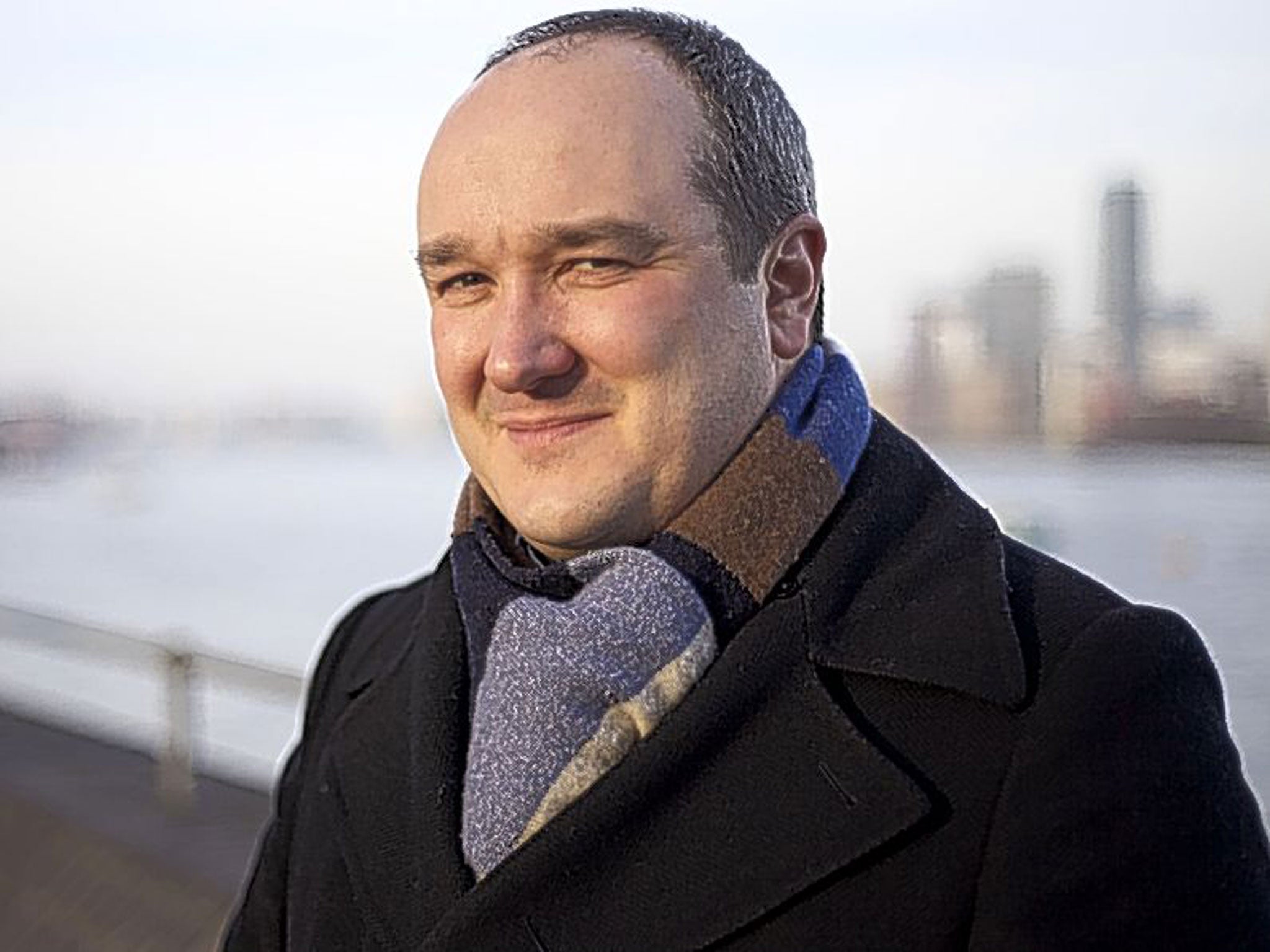TV Review: Strange Days: Cold War Britain, BBC2
Time-traveller Sandbrook's history lesson needed more dissenting voices

It feels like only yesterday that Dominic Sandbrook, historian of our recent past was finishing up the Saturday-night repeats of his 2012 documentary The 70s. Now he's back on telly again, with Strange Days: Cold War Britain, a three-part BBC2 documentary that attempts to recapture the national mood during a period in which a war was fought "in our families, in our shopping centres, in our culture and in our heads".
Sandbrook greeted us outdoors, well wrapped up against the literal cold in a Tom Bakeresque stripy scarf. Perhaps the idea was to plant a subliminal suggestion in the minds of viewers, the idea that the historian is a kind of Time Lord, passing freely between past and present and intuitively understanding the links between them.
Strange Days is certainly evocative enough to give that impression. There was an enjoyable soundtrack of music from the period and the shoot locations were chosen to closely match the archive clips. So Sandbrook quoted from Orwell's Nineteen Eighty-Four while standing outside the imposing edifice of the former Ministry of Information, Senate House, told the story of the Cambridge spy ring while weaving in between bicycles in front of King's College, and even boarded the QE2 to relive Chaplin's voyage to European exile.
It's Sandbrook's schtick to treat the events of living memory with a reverence usually reserved for dusty ancient history. He is an accomplished storyteller, but when this style requires the pretence of consensus, then the viewer misses out. In fact, many topics Sandbrook touched on in a Cold War context – the role of welfare in curbing extremism, the morality of capitalism and the reliability of Britain's Secret Service – are as relevant and keenly debated today as ever.
Therefore, Sandbrook's verdicts on the politics of George Orwell, Charlie Chaplin and Hewlett "the Red Dean of Canterbury" Johnson, while welcome, also felt one-sided. It would have great to hear from some other voices: people who were there at the time, other experts on the period, or really just anyone else but Sandbrook.
Join our commenting forum
Join thought-provoking conversations, follow other Independent readers and see their replies
Comments